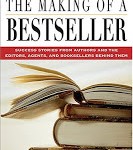When it comes to amateur psychology, I’m of two minds…ahem…
There is merit to reading the works of influential figures. They became key through their society-shaping treatises, which in turn become timeless. However, the original language may be too far removed from the modern reader to convey the more complex ideas. It is often useful to have an annotated copy.
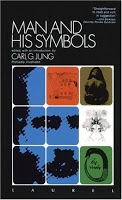 For example, you could read Freud’s Civilization
For example, you could read Freud’s Civilization 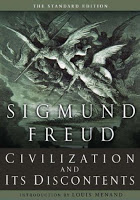 and its Discontents to get a grasp on psychoanalysis. You could read Jung’s Man and His Symbols to understand the archetypes within the human mind. You could read all of their works. And if you’re like me, you won’t understand any of them.
and its Discontents to get a grasp on psychoanalysis. You could read Jung’s Man and His Symbols to understand the archetypes within the human mind. You could read all of their works. And if you’re like me, you won’t understand any of them.
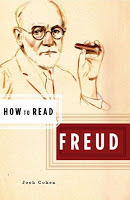
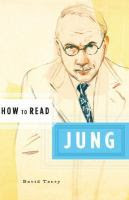 So try the How to Read series: Freud by Josh Cohen, and Jung by David Tacey. These guides are not condensed versions, biographies, or overviews. The How to Read series combines core excerpts from the original texts with professional analyses.
So try the How to Read series: Freud by Josh Cohen, and Jung by David Tacey. These guides are not condensed versions, biographies, or overviews. The How to Read series combines core excerpts from the original texts with professional analyses.
There is also merit in reading a broad overview. One can pick and choose elements of a field or pour through an entire textbook. Take the ironically named Complete Idiot’s Guide to Psychology by Joni E. Johnston, Psy.D., or The Everything Psychology Book by Kendra Cherry.
Both books are well-organized and structured for speed reading, full of facts and factoids. Yet these two are very different in their scope. The Idiot’s guide offers chapters based on commonly-known topics; the nature versus nurture debate, consciousness, behavior and profiling, abnormal psychology, control issues and disorders, intimacy, society, and medication, just to name a few.
The Everything Guide, which is written at much the same level as the Idiot’s, is presented with more academic flair. Topics include the types of psychology (cognitive, biological, etc), methodology, neurologic and genetic issues, altered mental states (sleep, drugs, hypnosis, etc), logic, learning and memory, language acquisition, and interpersonal behavior.
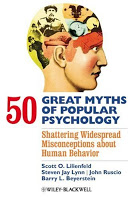 Here’s a title half way between the two: 50 Great Myths of Popular Psychology: shattering widespread misconceptions about human behaviour, by Scott Lilienfeld, et al. This book opens with a curious history of failed psychology, and how our ‘understanding’ changes to suit the ‘facts’…such as they are. (This is one of the rare books to discuss Phrenology! A real head-scratcher…) Short, but well-researched essays prove 50 beliefs false, using the most current findings. Classic fallacies tackled include how we use 10% of our brains, how opposites attract, how intelligence tests are unfair, and how polygraphs are accurate.
Here’s a title half way between the two: 50 Great Myths of Popular Psychology: shattering widespread misconceptions about human behaviour, by Scott Lilienfeld, et al. This book opens with a curious history of failed psychology, and how our ‘understanding’ changes to suit the ‘facts’…such as they are. (This is one of the rare books to discuss Phrenology! A real head-scratcher…) Short, but well-researched essays prove 50 beliefs false, using the most current findings. Classic fallacies tackled include how we use 10% of our brains, how opposites attract, how intelligence tests are unfair, and how polygraphs are accurate.
Got psych on the brain now? Considering a career? There are, apparently, tons of jobs available for psychology majors. Learn about schools, employment structures, career paths and future opportunities with either of these guides:
What Psychology Majors Could (and Should) Be Doing: an informal guide to research experience and professional skills by Paul Silvia, Peter Delaney, Stuart Marcovitch
Opportunities in Psychology Careers by Donald and Charles Super
Source: http://www.thereader.ca/2008/02/intro-to-psychology.html


